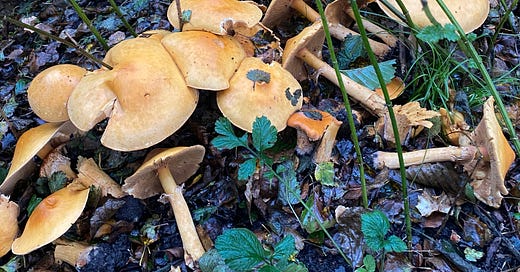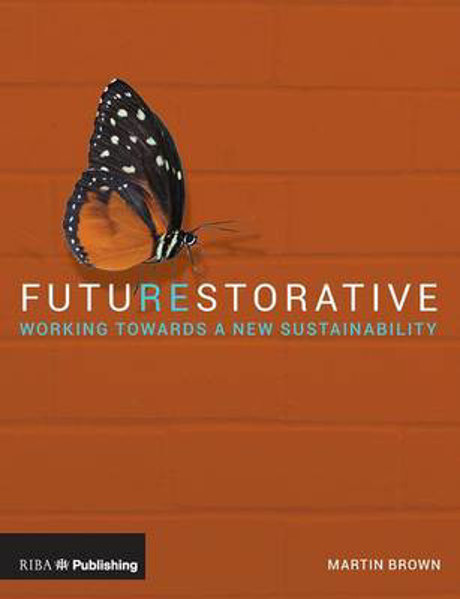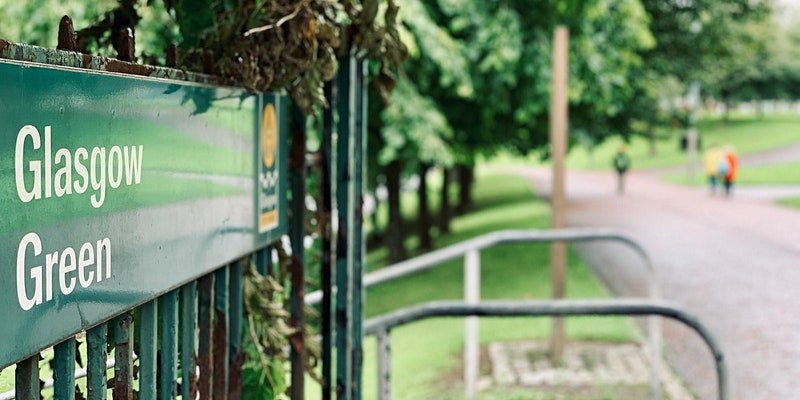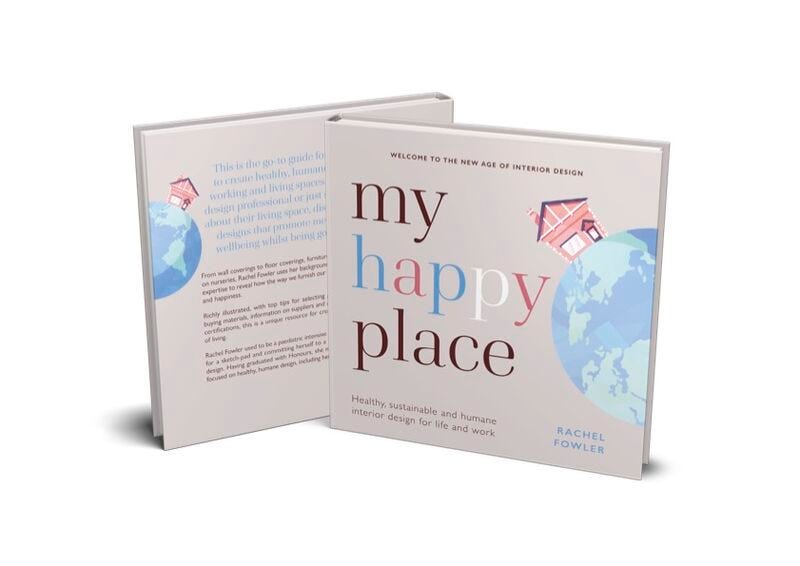Welcome to the latest edition of Regen-Notes which comes to you as world leaders prepare to head to Glasgow for the 26th United Nations climate change conference.
Paris promised, Glasgow must deliver.
The conference is billed as the most important climate and planetary event of our generation, seeking to record rectify commitments made in Paris in 2015, where world attendees will present their plans to cut emissions to stop global temperature rising above 1.5°C.
We are on the cusp of something regeneratively wonderful, or irreversibly disastrous.
Yet as reported in the Guardian, The world is squandering the opportunity to “build back better” from the Covid-19 pandemic and faces disastrous temperature rises of at least 2.7C if countries fail to strengthen their climate pledges, according to a report from the UN. The report warns that countries’ current pledges would reduce carbon by only about 7.5% by 2030, far less than the 45% cut scientists say is needed to limit global temperature rises to 1.5C, the aim of the Cop26 summit that opens in Glasgow this Sunday.
António Guterres, the UN secretary-general, described the findings as a “thundering wake up call” to world leaders, while experts called for drastic action against fossil fuel companies.
We know, that in the built environment we are responsible for 40% of the climate and biodiversity emergency. At COP26 we will see much in terms of built environment strategy, vision, plans, proposals, route maps and commitments alongside case studies and celebrations.
However, there will inevitably be greenwashing and greenwishing, the promotion of green credentials and the urging us to do better from countries and organisations seeking to mask their more serious-planet thrashing activity. Transparency is key.
COP through a Regenerative Lens
The key action for the built environment to take away has be the realisation that we are not facing a technical problem or a problem caused by climate. But we face a human created problem that can only be resolved with human solutions - us - and a radically different mindset approach. An approach we call regenerative.
Regeneration is the default mode of life. Paul Hawken
Making a successful transition to a more sustainable 1.5 degree future depends on letting go. Regenerative approaches show how we can and must find ways to let go of the industrial system and language that has served us well but ran out of steam a while ago and is no longer fit for purpose.
As Bill Reed at Regenesis has commented on a number of occasions “Sustainability is only a slower way to die”
Continuing with business as usual and sustainability that only reduces impact is like driving our car towards the cliff that we all know is there. We know we need to do something, so we stick an 'eco this' and a 'sustainable that' label on everything around us, we workshop with fellow passengers, we place a "use less of this' sticker on the accelerator pedal, yet driven by the need for growth, we have forgotten the steering wheel can change direction.
Now is the time to bring our life practices, products, cities, agriculture and all else into alignment with the living world and climate crisis. We cannot do this if we believe or assume others will do it for us. We have a common interest, and that interest is served by coming together and joining all the forms and forces of life. Paul Hawken
Resonate
Sarah Class’s Resonate is a celebration of the interconnection of all living things as well as a powerful call to action for people to save our shared natural world. “We are all linked and with Resonate I wanted to write an album reflecting that unifying force,”
Blinkered UK COP Leadership
“On a planet where over half the population is female, the leadership team put together by the UK government, who are hosting these talks, is almost exclusively male. Yes, you heard that right. And yet, climate change is an issue that impacts women more than men. It disproportionately impacts their livelihoods, the levels of violence they face, their educational opportunities and much more” Listen to this important podcast from Rob Hopkins (Usually new podcasts are, initially at least, released only to subscribers, but Rob makes an important exception on this).
Regenerative Self
And so at the heart of COP 26 success, at the heart of addressing climate and biodiversity crisis, is ourselves as individuals. Our Regenerative Self and the agency we have. Back in 2017, with RIBA I published FutuREstorative, Working towards a New Sustainability, written over four years ago, and we now have, through necessity, an even more urgent need to work towards a new thinking.
I have commenced with the follow-up to FutuREstorative, for the moment titled “FutuREgenerative: Finding the Regenerative Self”. Watch this space for a synopsis at the commencement of COP26, with exciting plans to publish via a subscription-based approach with substack here.
The Road to COP
Many passionate climate and ecology practitioners and concerned folk will be making their way to Glasgow. Some started walking months ago, and it was a real treat to join the Camino to COP as it passed through Lancashire on its way to Glasgow from London. Others are cycling from across the UK and Europe. The 100 plus riders on #RideTheChange will pass through our Inglewhite village on Thursday on route from London to Glasgow and will be cheered on by locals with supporting pledges to do something different for the planet.
Living Future Europe at COP
On the 10th of November we (Living Future Europe) are bringing the Living Building Challenge focused LFE Masterclass cohort to COP with an exciting, unconference day of insights, questions and provocations from COP guests, giving time to reflect on COP26 through a regenerative lens.
Alongside the masterclass cohort and guests, there will be many friends of regenerative thinking, Zoom Regenerative and of Living Building Challenge joining us through the day. You can join us by following the link here.
Zoom Regenerative
zR 38 was a real treat with guest Jessie Buckmaster, Sustainability Manager at Hathaway Dinwiddie, sharing regenerative insights and experiences of constructing Living Building Challenge projects in California. zRegeneratives also started to shape a COP Regenerative Manifesto - a message to COP - asking “what should a regenerative built environment look like”?
November 16th with COP26 Regenerative Reflections
December 14th rounding off 2021 we step into the world of regenerative fashion with Rachel Sheila Kan.
My Happy Place
It is a delight to see Rachel Fowler, a long time supporter and pollinator with Zoom Regenerative, has now published My Happy Place.
With a focus on healthy materials, My Happy Place will be of great help to those pursuing Living Building Challenge and looking to create 'regenerative' interiors and buildings. It addresses two of the challenges key petals, Health and Happiness and Materials. Indeed 'My Happy Place' is full of ideas and images and will no doubt inspire many interior designers, whether they be in practice, or looking to create their own internal spaces"
Net Zero?
Net-zero policies are the ‘emperor’s new clothes, Dr James Dyke, Assistant Director of the Global Systems Institute at the University of Exeter, provides a timely criticism of net-zero targets. A “great idea in principle” but which “help perpetuate a belief in technological salvation and diminish the sense of urgency surrounding the need to curb emissions now”.
Reasons to be cheerful.
As Bill McKibben wrote in the Guardian ... It’s easy to feel pessimistic about the climate. But we’ve got two big things on our side. One is the astonishing fall in the cost of renewable energy. The other is the huge growth in the citizens’ movements demanding action.
Making our agency possibly the best tool we all have and can all use.
Regen Notes
Regen Notes is a newsletter of regenerative news, stories and more, with a sideways focus on the built environment, curated by Martin Brown. It is a companion to our Zoom Regenerative activities and podcasts where we join the regenerative dots, share the themes and work that invigorates, inspires and feeds our curiosity.






